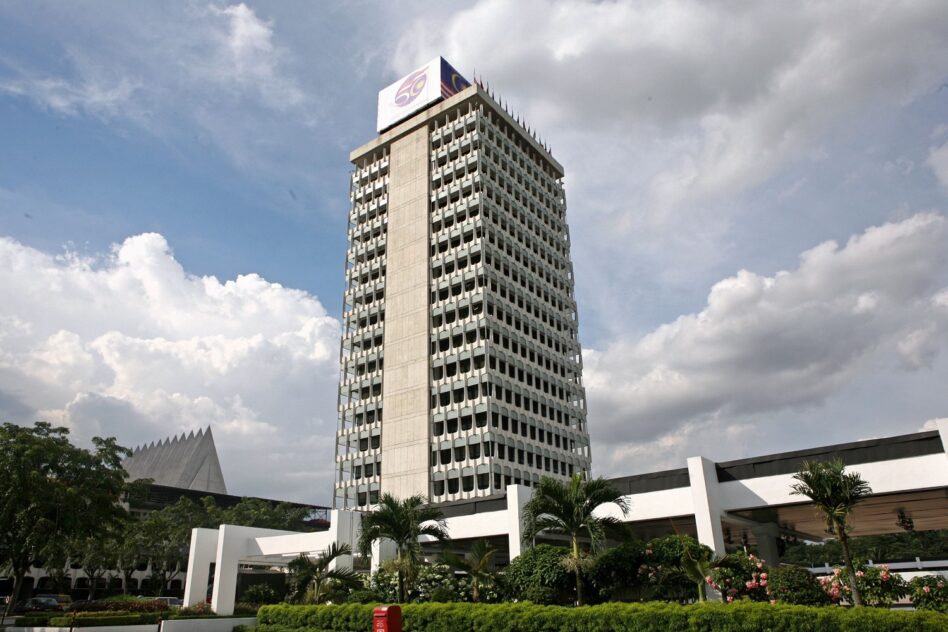THE Small and Medium Enterprises Association of Malaysia (SAMENTA) has called for the government to focus on upskilling Malaysians for higher-paying jobs rather than giving in to the frequent demand for higher minimum wage.
Citing the situation in Penang and in Kulim, Kedah, SAMENTA national president Datuk William Ng said there are currently over 50,000 engineers and technical vacancies that remain unfilled despite the industry offering between RM3,500 and RM6,000 monthly salary.
“This is despite the best efforts of our public and private educational institutions to produce these skilled workers,” he said in a statement on Friday (March 15).
Ng was responding to a statement by Human Resources Minister Steven Sim Chee Keong on Thursday (March 14) that the government will review the country’s minimum wage this year in line with the National Wages Consultative Council Act 2011.
The National Wages Consultative Council Act 2011 mandates that the council restudy the minimum wages order every two years.
In his ministry’s winding-up speech on the royal address, Sim said they will consider the views of all parties, including workers and employers while also referring to socioeconomic reports such as reports from Bank Negara Malaysia (BNM).
According to Ng, the industry had also consistently increased the salaries of workers even before the establishment of the minimum wage system.
He said in 2010, the median salary for Malaysians was RM1,500 and by 2023 this number had jumped to RM2,600 in a cumulative 73% jump.
“Unfortunately, our proximity to Singapore and the weakening of the ringgit resulted in many of our trained and highly skilled workers being poached by our neighbour,” Ng lamented.
“The same RM1,500 in 2010 will get you S$635 but by 2023, that RM2,600 is only worth S$765 or a mere 20% cumulative increment when in reality, the industry has steadily increased pay by a total of 73%.”
Highly efficient labour market
Ng further noted that many small and medium enterprises (SMEs) are already paying far above the current minimum wage, adding that the Malaysian labour market is also highly efficient and employers who underpay will see themselves out of business.
“Any increment in minimum wage will not only affect the lowest income earners but will have a cascading effect on salaries across the board – an unnecessary risk when the market is already reacting efficiently to the supply and demand of labour,” he opined.
Ng said the Malaysian job market has also changed significantly post-pandemic, with the gig economy now the norm, with one out of four Malaysians working in that direction while another one out of four have a gig job on top of their daily jobs.
“Our definition of job, workplace, and even wages are outdated. In other words, the minimum wage system is an outdated solution to an outdated problem,” he stressed.
“The government should instead focus on attracting high value industries that offer high paying jobs and ensure that Malaysians are trained and reskilled for these jobs.
“There are also other better tools such as the proposed Progressive Wage Model that can align salary increment with productivity and skills – a win-win for businesses and employees.” – March 15, 2024
Main pic credit: HRM Asia









